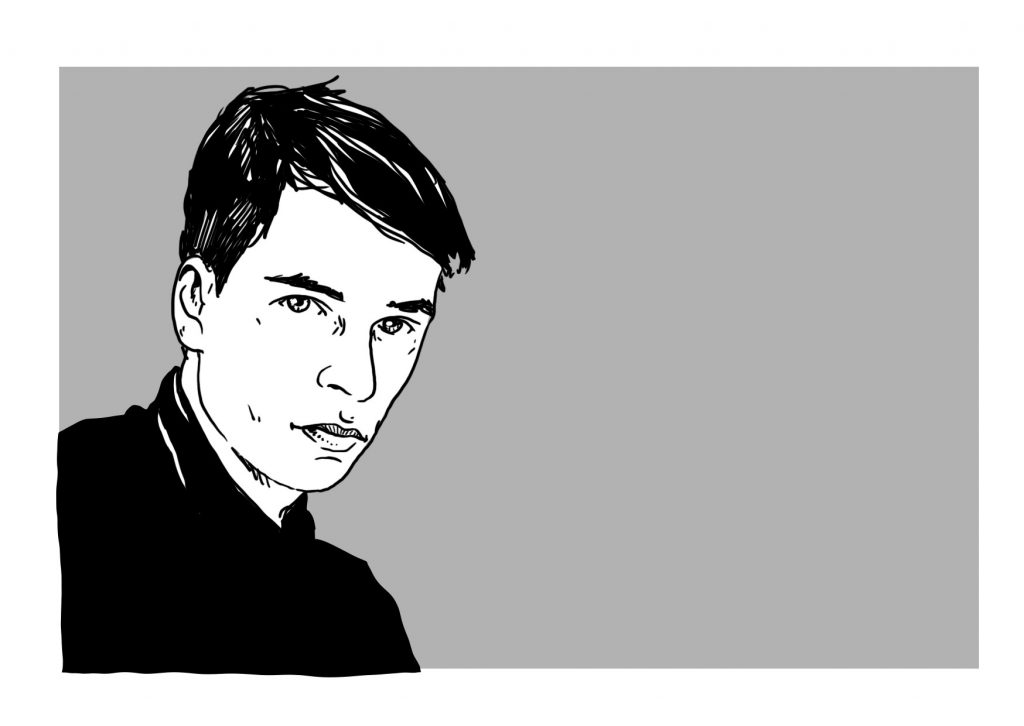What was steeped in promise ended in disappointment, not only for Erdogan but Merkel as well. Willy Winkler reports on the recent visit of the Turkish head of state to the German Capital, highlighting the lost potential experienced on both sides of the stately encounter.
Like many visitors to Berlin, Recep Tayyip Erdogan intended to make some new friends by paying Germany’s capital a visit. The Turkish president targeted nothing short of a fresh start to the relationship between Germany and Turkey – one that his country desperately needs. The value of the Turkish lira has plummeted, the country’s banking sector is on the verge of collapsing, and, given the time of the visit, perhaps urgently in need of German investors. The visit started out as a hope raising mélange that suggested that even Erdogan could eventually be tamed when it came to saving the Turkish economy. Ex-post, however, the fleeting glimmer of normalcy was rendered wishful thinking as the Turkish president remains an unpredictable partner who rather poorly postured as a power politician rather than fall back into the unpleasant but necessary role of a petitioner.
For Germany’s Federal Government to invite and greet an autocrat with the highest military honours , an autocrat who has just recently accused the German government of “Nazi methods“ as well as deliberately providing cover for convicted terrorists seems counter-intuitive to say the least. All the stranger when one considers the outrage that the announcement of Mr. Erdogan’s visit to Germany has caused in Berlin’s political scene. Out of 300 people invited only 120 attended the official state banquet hosted by Germany’s Federal President Frank Walter Steinmeier. Nevertheless, and despite all the reasonable critique, I would like to argue that inviting Erdogan from a German perspective was the right decision.
Roughly three million people of Turkish descent live in Germany. Berlin remains the biggest “Turkish city” outside of Turkey. These are people who live in-between two realities of life. To them, the relationship between Turkey and Germany matter substantially. Simply ignoring Erdogan and cutting all strings may seem tempting, it implies a degree of neglect to all people of German-Turkish background. Additionally, an ignorance policy towards Mr. Erdogan will most likely strengthen his domestic position and nurture his narrative of the necessity of a new Ottoman Empire against the will of the west.
Furthermore, Angela Merkel and her administration understood that it was economics which brought Mr. Erdogan to the table. This gives her and her delegation reason to believe the German government has some leverage when it comes to bringing the Turkish President in line with some of the more delicate policy issues between the two countries. For Mrs. Merkel, this was a fine opportunity to call Mr. Erdogan out on his despotism, his oppression of the Kurdish minority, the current imprisonment of 174 journalists, and many more civil rights issues.
She refused to do so and left that to demonstrators in Cologne and Berlin– which is puzzling considering Mr. Erdogan’s rather dull and pride guided approach to the state visit, where shortly before flying into Germany revealed that the Turkish secret service had provided the German Government with a list of extradition requests. Among the requested is Can Dündar, a journalist living in exile in Berlin. No one, not even Erdogan himself, really expected the German government to extradite Dündar, who was even received by Joachim Gauck, Germany’s former head of state, two years ago. The extradition request for Dündar can be a viewed as a cheap trick to put pressure on the Germans and dampen the leverage held by the Chancellery.
The joint press conference on Friday with Mrs. Merkel demonstrated that even in the midst of a currency crisis Erdogan is not afraid to formulate demands. “If I were asked, I would extradite him,” Erdogan replied drily to a journalist’s question about Dündar’s extradition request. The Chancellor countered in her renowned, almost chemically sedated manner that the respective governments held “completely different views”.
Earlier, Erdogan even threatened to boycott the press conference with the chancellor should Dündar participate. He had been accredited, but refrained from participating, afraid of robbing his fellow reporters of a rare opportunity to properly question Erdogan. This proves that even when it comes to creating new trust by treating the press respectfully the President is ready to stage a scene.
One could argue that Mr. Erdogan could have made his, and the lives of all delegates on both sides, much easier by settling on a much simpler goal for himself. Shaking Merkel’s hands and dining with the Federal President would have sent a clear political message to potential investors: I am one to trust. Mr. Erdogan should have considered himself the world’s luckiest dictator for the width of the window of opportunity the Germans granted him by arranging this state visit. Instead he missed the chance to gain some economic capital. Mrs. Merkel, too, failed to capitalise, but her loss was ultimately political.
 Willy Winkler is enroled in the Master of International Affairs programme at the Hertie School of Governance. He has gained media related work experience writing for “Welt”, N24 as well as the football magazine “11FREUNDE”. Prior to his enrolment at the Hertie School he worked as a media consultant to the OECD Berlin Centre.
Willy Winkler is enroled in the Master of International Affairs programme at the Hertie School of Governance. He has gained media related work experience writing for “Welt”, N24 as well as the football magazine “11FREUNDE”. Prior to his enrolment at the Hertie School he worked as a media consultant to the OECD Berlin Centre.
